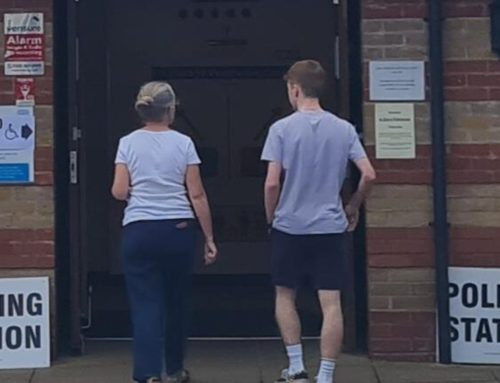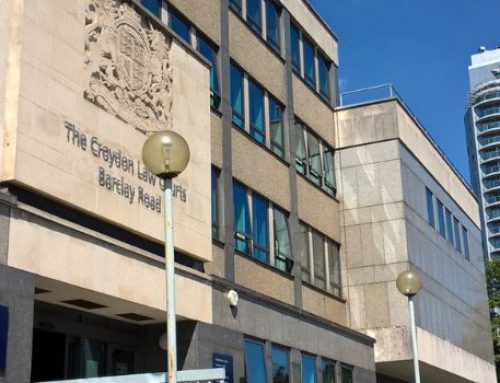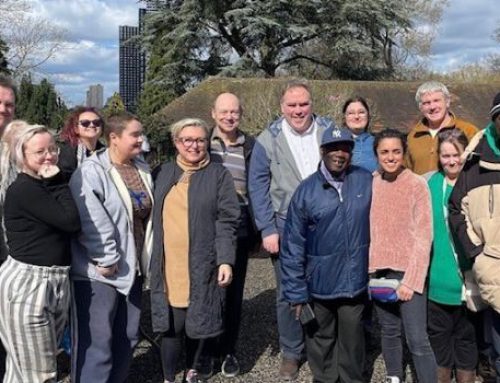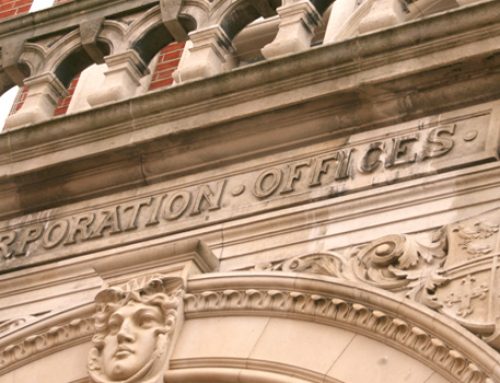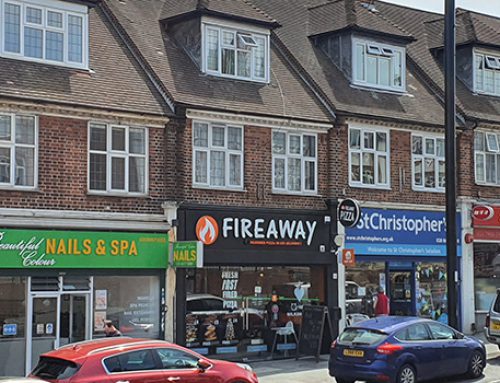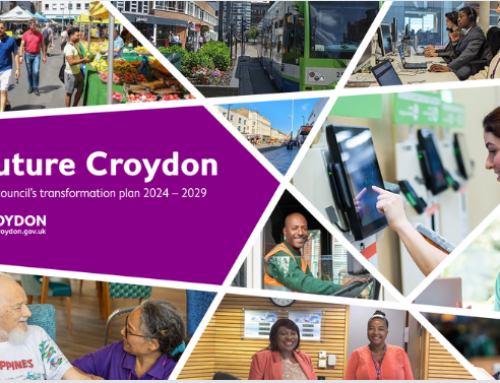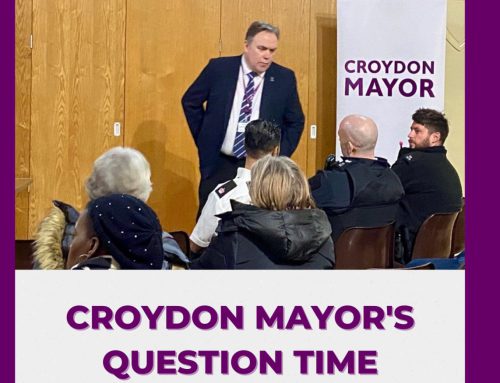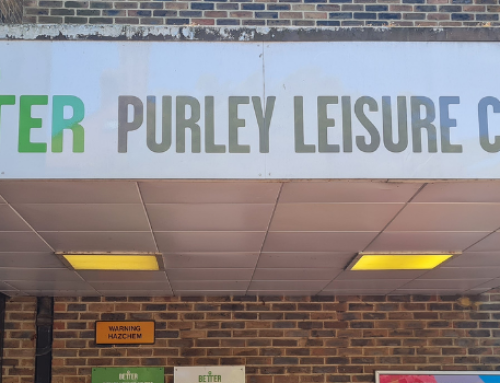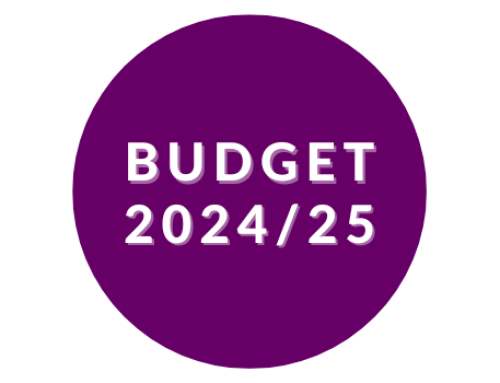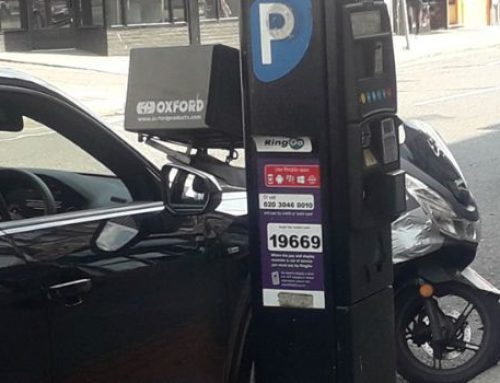We may be entering the season of good will to all men, but the festive spirit has failed to work its magic on callous scammers who are out and about, with the elderly and vulnerable in their sights.
The council’s trading standards team has investigated two cases in recent weeks that highlight the need for residents to treat with the utmost caution and suspicion strangers who knock on their door claiming that repairs to the property are urgently needed.
In the first instance, a 90-year-old woman was told by the caller that there was a problem with the roof of her Selsdon home. Talking his way inside, he convinced the woman to show him her bedroom and then, distracting her, sprayed water onto the wall.
He told her that the roof was leaking and, saying it would cost £4,000 to repair, asked her to go to the bank and withdraw the sum in cash.
The bank cashier’s suspicions were aroused and, when told what the money was for, alerted trading standards officers. The TSOs, with police, went immediately to the victim’s home but the scammer, who had said he would be waiting, was not present. It is thought he may have followed the woman to the bank and, when she failed to leave the branch with the money, left.
The second case saw another elderly woman cold-called and told that her home’s guttering needed replacing. The woman said she would think about it, and, later that night, heard a loud noise outside the house. The following morning she found pieces of her guttering broken and lying on the ground.
The rogue trader returned later that day and quoted a repair bill of £1,500. The victim paid £1,000, promising the balance on completion. However, she was then told that there were further problems and a special machine was needed to lift the roof so that the repairs could be effected without the need to remove the roof tiles. Hire of the machine would cost a further £2,500.
Her suspicions aroused, she said that she could not afford that sum, at which point the conman became aggressive, arguing for an hour until saying that he needed another £200 to complete the work already started.
The victim faced more aggressive bullying until she agreed to hand over £100. The following day, he demanded a further £100, which the woman gave him, telling him to go and to not return.
Councillor Mark Watson, cabinet member for communities, safety and justice
“It’s a very sad reflection on certain parts of society that, even at this time of year, they’re prepared to go out with the intention of frightening and intimidating those who, perhaps, aren’t quite able to stand up for themselves, and then rob them of as much as they can get away with.
“While, in the first case, the quick-wittedness of the bank cashier and our trading standards team averted what would have been a costly scam, the second victim wasn’t so lucky and lost more than £1,000.
“Once again, the council and the police can only advise people to never – but never – let a cold caller into their house, and to never give them money to carry out work that they say is necessary.
“Instead, make a note of what they’re saying and ask a relative or friend to assess the situation. Alternatively, have a reputable, trusted trader have a look and offer an estimate – and then have two more also quote for any required work.”
The council’s trading standards team offers the following tips.
- Do not deal with cold callers.
- Always get quotes from at least three builders.
- Never deal with a trader who does not give you paperwork.
- Check that the estimate shows who you are trading with, and that it includes a full name, address and phone number – landline, mobile or both.
- Is the address a proper one? Run it through a map search to check that it exists. An internet search might reveal if the address is genuinely that of the company.
- Do you really want the work done now? Are you being pressured or talked into having it done?
- Always, without fail, pay by bank transfer, as this is traceable; cash is not. Do not agree to pay in cash to avoid VAT. Does the company not pay VAT?
More information about scams can be found by visiting the Citizens Advice Consumer Service at www.citizensadvice.org.uk and typing “doorstep crime” into the search field.
Reputable traders – vetted and approved by independent assessors – can be found via websites such as www.trustmark.org.uk or http://trustedtraders.which.co.uk






